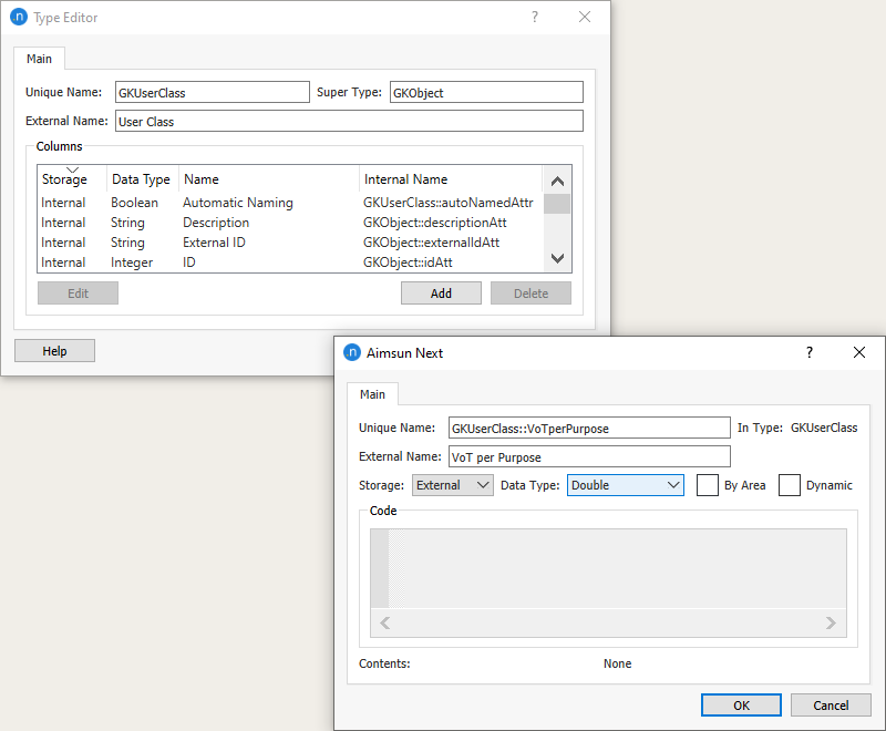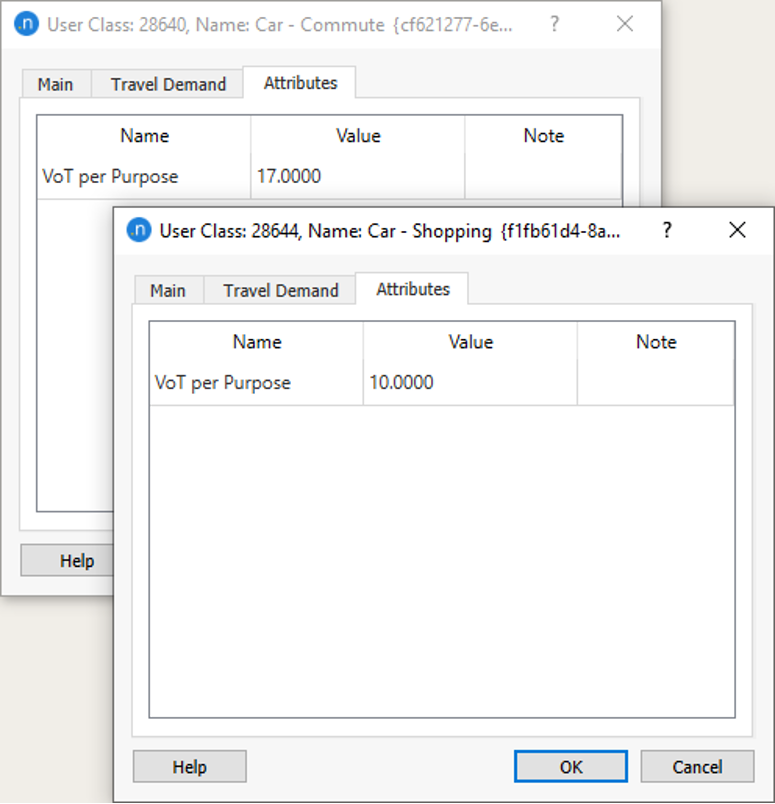
How to define different costs per trip purpose in static models
January 2021: In Technical Note #53, we gave some tips on how to modify the cost for static assignment based on the vehicle type. In this month’s pro tip, Marga Delgado explains how to do it per trip purpose.





